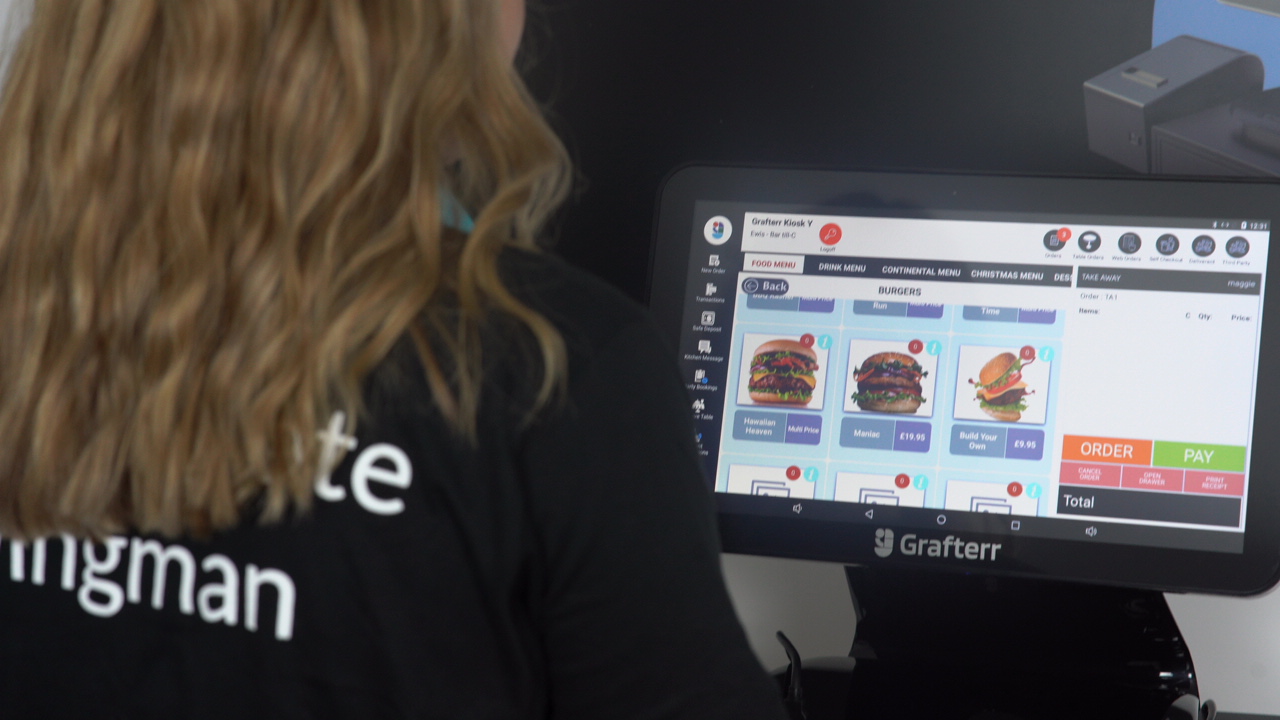The idea of embracing digital marketing methods has become more than a buzzword in the UK hospitality sector. It is now considered a requirement for success and staying relevant. In an age where an online presence and engaging with customers can make or break a business, the effective implementation of digital marketing strategies has emerged as a must-conduct for small and medium-sized enterprises (SMEs) in the UK hospitality industry.
Digital marketing strategy enables businesses in the hospitality sector to gain insights into their target customer base, build relationships, and enhance the reputation of their business.

So whether you are an SME in the UK looking to enhance your marketing skills or a newcomer seeking guidance on making impactful progress within the hospitality sector, continue reading this article as we embark on a journey through the world of digital marketing that will equip you with valuable knowledge and insights to thrive in today’s technology-driven era.
Essential digital marketing strategies to implement
In relation to the hospitality industry, digital marketing refers to leveraging platforms such as social media, email, and websites to promote and market goods and services offered by their businesses.
To achieve this, here are some employed strategies:
Building a strong online presence
It has become crucial for businesses, particularly those in the hospitality industry, to establish a strong online presence. This not only helps them stay competitive but also ensures they can effectively connect with a range of potential customers.
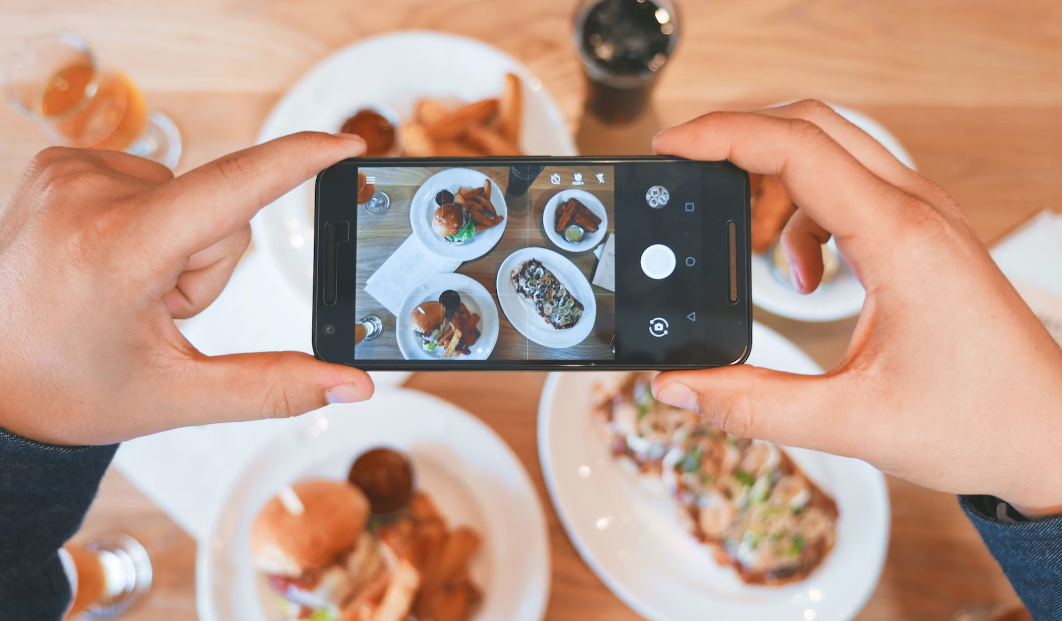
Here are some common strategies to build a strong online presence:
User-friendly website
Having a website that is easy to navigate across different devices is essential. When you have a website that users find enjoyable and easy to interact with, it boosts their confidence and perception of your credibility. This, in turn, leads to customer loyalty, increased conversions, and satisfied customers ready to recommend your business to friends.
Mobile optimization
In addition to having a user-friendly website, ensure it is optimized for mobile devices. One of the benefits of mobile optimization is improving user experience. Having a mobile website keeps visitors engaged and encourages them to explore your content or products further, which can lead to higher conversion rates.
Mobile optimization also plays a role in search engine optimization (SEO). Search engines like Google prioritize websites that are optimized for mobile devices.
By prioritizing mobile optimization for your hospitality website, you can enhance user experience, increase visibility in search engine results, and ultimately attract bookings for your business.
Search Engine Optimization (SEO)
SEO revolves around optimizing your website to make it more appealing to Google’s search algorithms so that it ranks higher in search results. Common techniques include keyword analysis, strategic link building, and creating content.
Here are some useful strategies for optimizing your websites visibility and attracting customers online:
- Focus on comprehensive keyword analysis.
- Produce superior-grade content revolving around these keywords.
- Insert your keywords into your text body naturally.
- Use catchy headlines.
- Improve your meta descriptions.
- Incorporate optimized images.
- Leverage a relevant plugin tool.
- Maintain adept navigation via internal and external links.
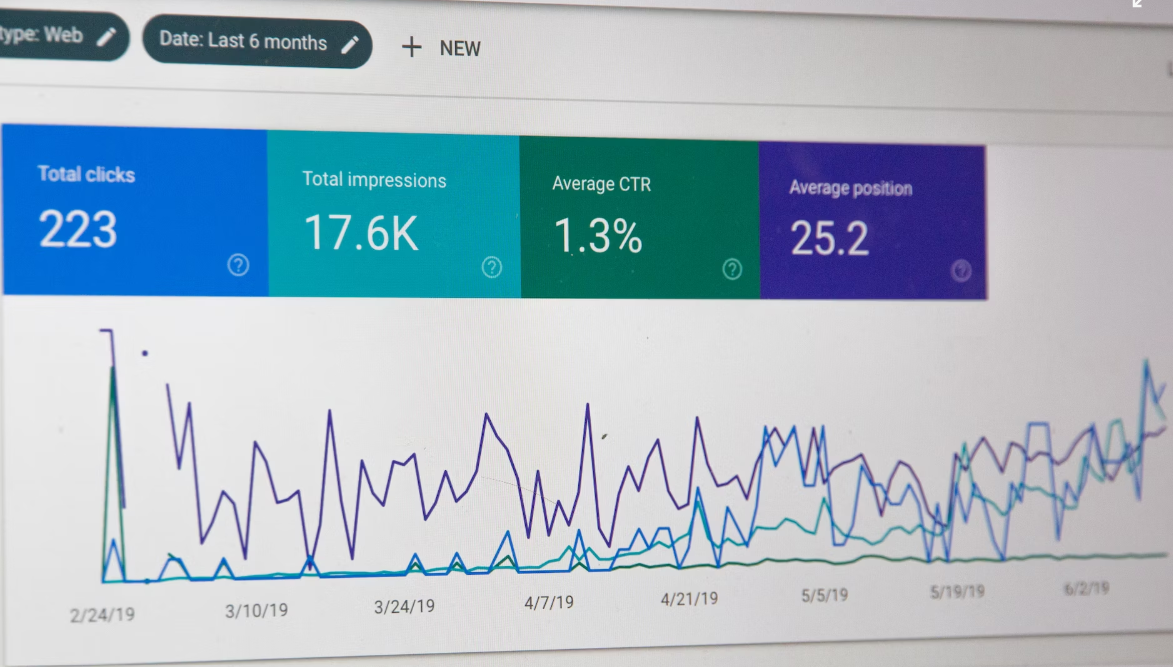
Social media strategies
Social media platforms stand as exceptional digital marketing tools aimed at building brand awareness and trust and driving more direct booking and two-way communication between the hospitality industry and its target audience. In turn, this will help capture leads and stimulate higher conversion rates. The use of social media marketing enables businesses to disseminate content that is relevant to their brands.
How to harness the power of social media platforms
Here are some ways to harness the power of social media platforms to grow your hospitality business:
- Select the right platforms
Not every social media platform is fit for every type of business. Identify the platform that your target audience uses the most and concentrate your efforts there.
- Craft unique, engaging content.
Post valuable, interesting, and relevant content to your audience regularly. Use visual representations or videos coupled with interactive components to capture attention and increase engagement.
- Create a consistent brand voice.
Create a distinct brand voice that reflects your company’s personality and beliefs, and keep it consistent across all your social media outlets.
- Make use of social media advertising.
To reach a broader audience and increase traffic to your website or landing pages, use paid advertising choices on platforms such as Facebook, Instagram, and LinkedIn.
- Engage your audience
Building relationships with your target audience can lead to higher brand loyalty and customer interaction. Respond to comments and messages as soon as possible, and promote discussions about your business.
Best practices for content creation, posting schedules, and interacting with followers
Here are some simple best practices to conduct content creation, post schedules, and interacting with followers:
- Define your objectives.
- Understand your intended audience.
- Select suitable platforms judiciously.
- Make a content schedule.
- Mix up your material and optimize it for each platform.
- Use relevant hashtags.
- Engage with your audience.
- Analyze and improve
- Stay up to date and try new things.
Adhering to the following best practice will help you build relationship with your target audience.
Email marketing
Email marketing is still one of the most effective digital marketing strategies today. It is an effective method for retaining customers in the hospitality industry. Through emails, you can regularly update your customers on new products and offers. This can be about an upcoming tour, events happening within your locality, or even special deals on your service. This way, you can keep a steady flow of customers.
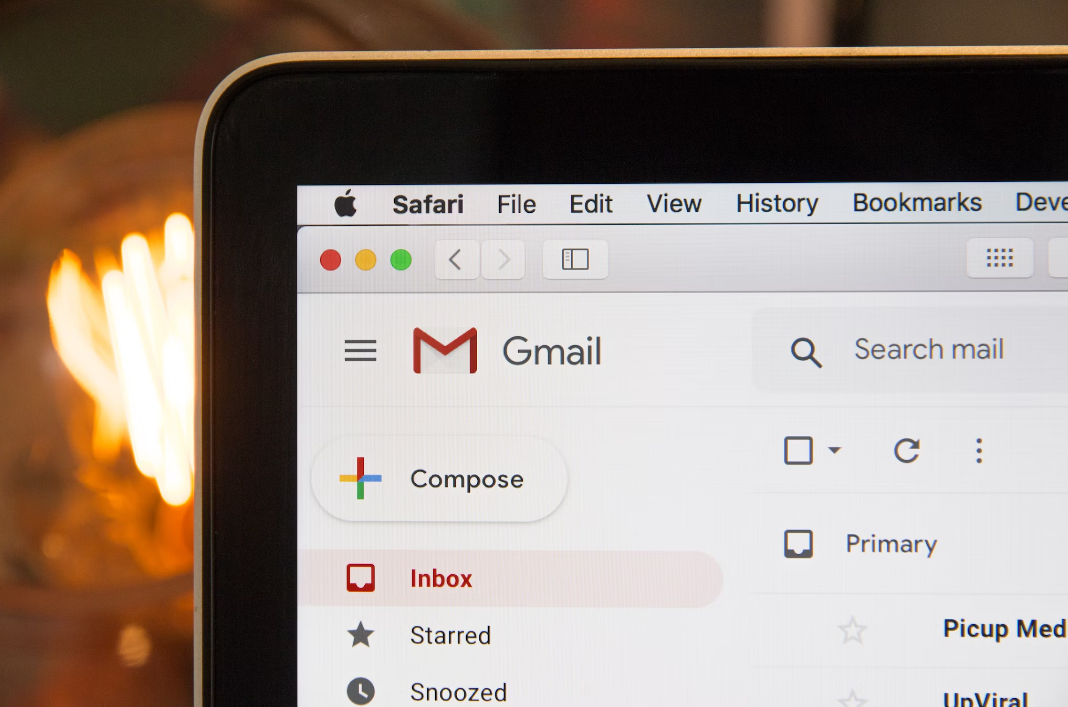
Two essential benefits of email marketing in the hospitality industry include
- Promoting special offers
By sending customized emails created especially for each guest group, the hospitality industry can promote special deals or discounts while giving useful information about the property’s amenities and services.
- Keeping customers involved in upcoming events
Emails have the ability to keep your customers involved in an upcoming event. Your emails can give them the impression that you are thinking of them. For instance, an email can say, “Hi, you’re on our mind. Here’s a special offer!” or “Here is an update on what has been going on here in recent weeks.”
These emails consistently keep your customers involved and updated about various things aside upcoming event. This include, business change, discount offers, change in menu or prices, etc.
Tips for effective email marketing
Here are effective tips to help build a subscriber list, create engaging content, and measure campaign success to boost email marketing.
- Include a pop-up offer on your home page.
- Make use of signup forms.
- Begin by gathering the necessary information.
- Strategically gate content
- Assess the health of your email list.
- Keep your list clean regularly.
- Provide valuable content to your subscribers.
With the following tips, you can build an email subscriber list for a successful email campaign to kickstart your email marketing strategy.
Online reviews and reputation management
This is a new field within digital marketing. It entails managing a company’s online reputation, especially on review sites and social media. Nowadays, people frequently research a company’s ratings, reviews, and opinions online before making a purchase. That is why every UK SMES, especially the hospitality industry, needs an e-reputation management strategy.
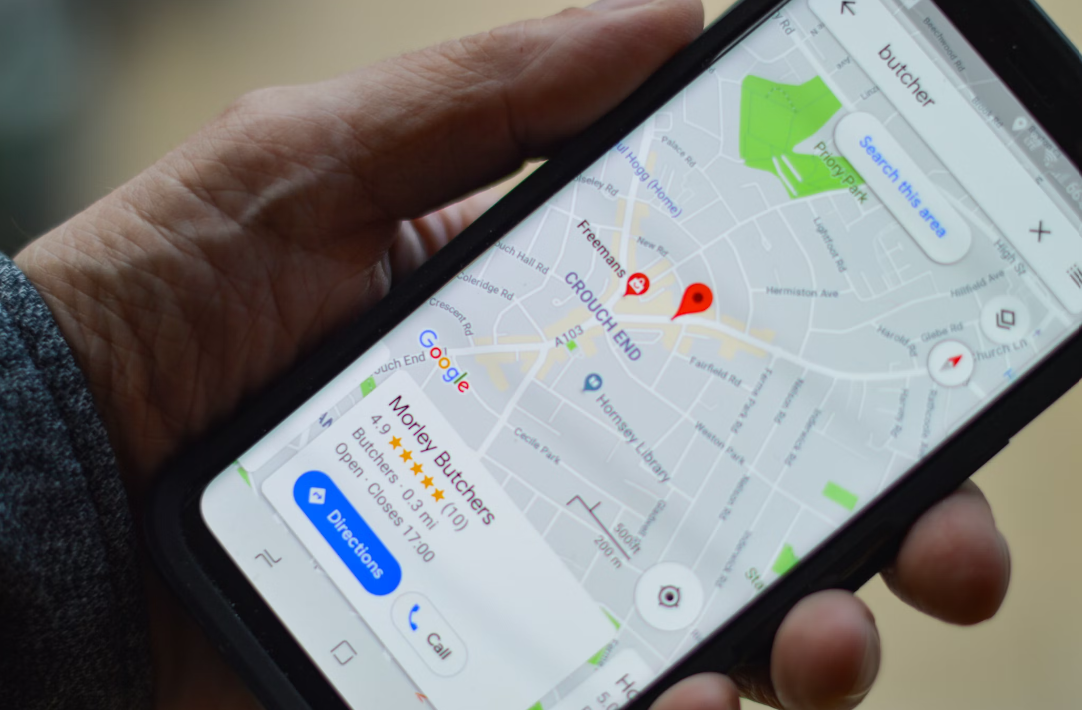
A successful e-reputation marketing plan is multidisciplinary and frequently involves input from digital marketing and public image consultants. It can result in the development of a loyal consumer base when done properly.
The importance of addressing reviews to maintain a positive image
Addressing reviews, either positive or negative, is important for UK hospitality SMEs to conduct in order to maintain a positive image. Responding to reviews beyond just mitigating the impact of negative evaluations. Active comments can
- Result in more favorable reviews and higher customer ratings.
- Portrays an outlook of evident commitment
- Attracts other customers into fruitful discussions – be it through leaving a review or assigning numerical scores like five stars.
- Shows that you appreciate your customers’ opinions and are devoted to providing exceptional service.
Addressing reviews fosters confidence and credibility among current and prospective customers.
Paid advertising
Paid advertising is the placement of advertisements on relevant platforms online for which an advertiser pays to display their ads to a target audience. For UK hospitality SMEs, leveraging paid ads allows them to reach internet users on various digital channels by displaying sponsored advertisements.

How does paid ads UK hospitality SMEs reach the right audience?
Ads are effective tools for helping UK SMEs in the hospitality industry generate the necessary funds to survive and thrive. Here are the best ways paid ads help UK hospitality SMEs reach the right audience.
- Creates promotional campaigns to attract customers to your physical or online shop.
- Fuels sales growth
- Focuses on demographic advertising methods
- Understand their audience
- Enhance user engagement and conversion rates
Paid advertsing also allows you set conversion goals and monitor them using selected E-marketing interfaces to check on the progress of your campaign.
Data analytics and measurement
The crucial importance of monitoring digital marketing activities cannot be overstated for UK SMEs in the present data-centric environment. Through interpreting metrics, companies within the hospitality sector can get a comprehensive understanding of their overall performance, support decisions with solid figures, and boost promotional approaches.

The Significance of Tracking and Analyzing Digital Marketing Efforts.
When you track and analyze your digital marketing efforts, you get the following
- You discover new ways to make a bigger impact.
- You get insights into what works and what can be improved in your hospitality business.
- You get an edge by spotting new underlying patterns
- You get a fresh viewpoint to your hospitality venture.
- You identify patterns that assist in formulating new strategies.
Tools and Techniques for Monitoring Key Performance Indicators (KPIs)
- Social media insight
- Business intelligence software
- Customer relationship management software
- Google analytic tools
- A/B testing tools
- Email-based marketing software system
Expert insight
Here are some expert insight on digital marketing emerging trends and best practices specifically relevant to the UK hospitality SMEs.
Mobile Responsiveness
Considering the escalating use of mobile gadgets for restaurant and lodging research, it’s vital to have a website that adjusts well to these devices. Make sure your site is user-friendly and operates swiftly on mobile platforms.
Content marketing
Experts stress the importance of delivering valuable, engaging information relevant to your audience. Blog posts, videos, or social media stories showcasing what makes your business unique can help establish brand credibility and draw in prospective customers.
Social media engagement
Social media platforms like Facebook, Instagram, and Twitter are pivotal when aiming for active interaction with potential clients online. Experts recommend regular updates, including prompt replies to comments/messages, along with sharing vivid visual content to highlight your food, ambiance, and special events.
Email marketing
Email marketing can be a low-cost strategy to stay in touch with prior consumers and keep them interested. Experts recommend using email campaigns to promote special discounts, events, and news about your hospitality business.
Paid advertising
Delving into paid advertising, such as pay-per-click (PPC) on platforms like Google Ads, and social media promotional activities across platforms including Facebook and Instagram, could be beneficial. These specially designed advertisements target specific demographics, successfully capturing the attention of prospective consumers scouting around food outlets or accommodation facilities. “
Conclusion
The future of marketing lies within the realm of digital marketing, especially in the hospitality industry. This form of advertising has evolutionally changed how hospitality businesses communicate with their audience, build brand awareness, and drive bookings.
Today’s customers frequently resort to the internet for locating services such as restaurants, spas, and other recreational services. Acknowledging current trends in digital marketing can provide the hospitality industry a competitive edge and improve its online presence, engage customers, and deliver personalized experiences.





